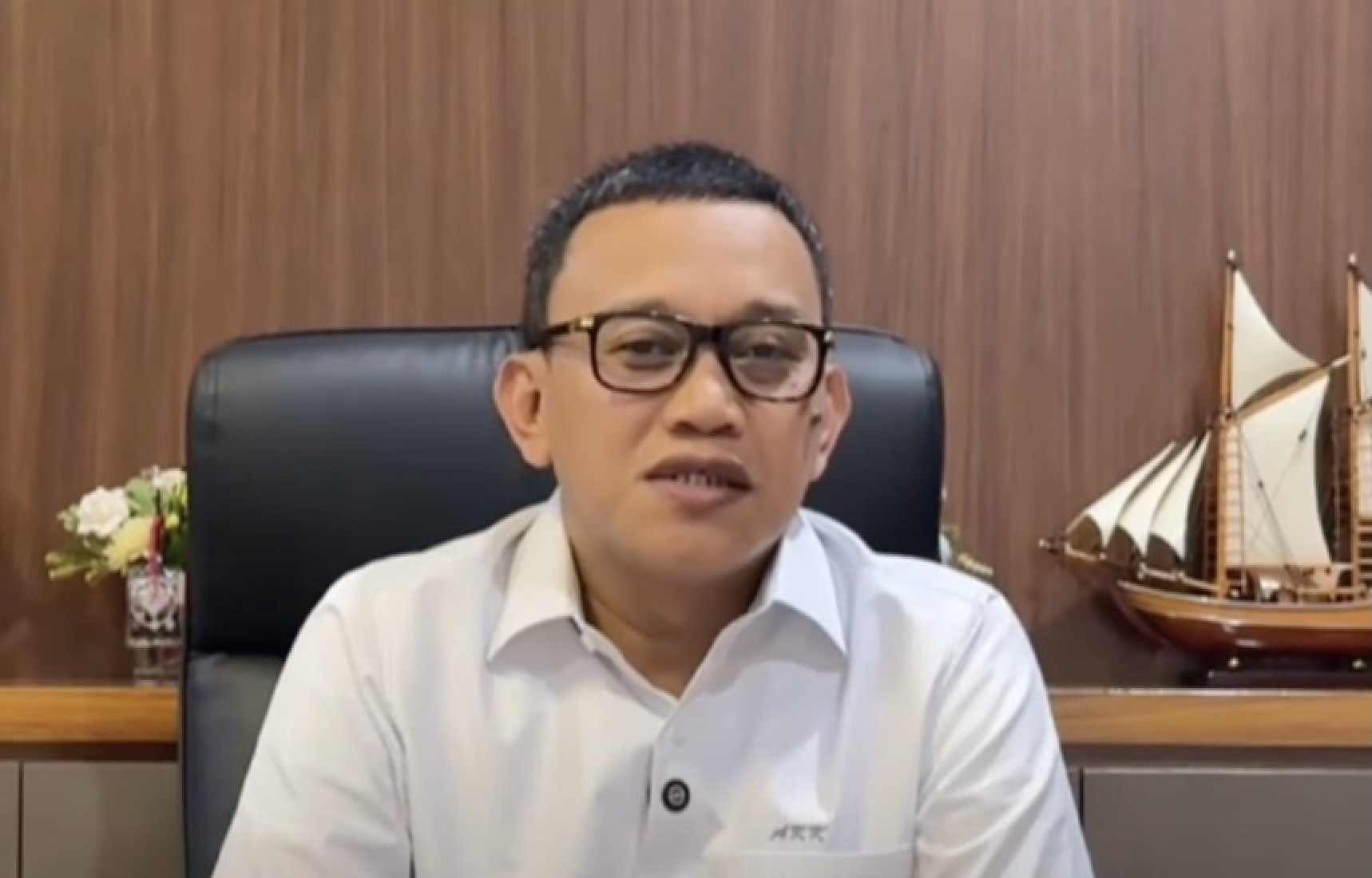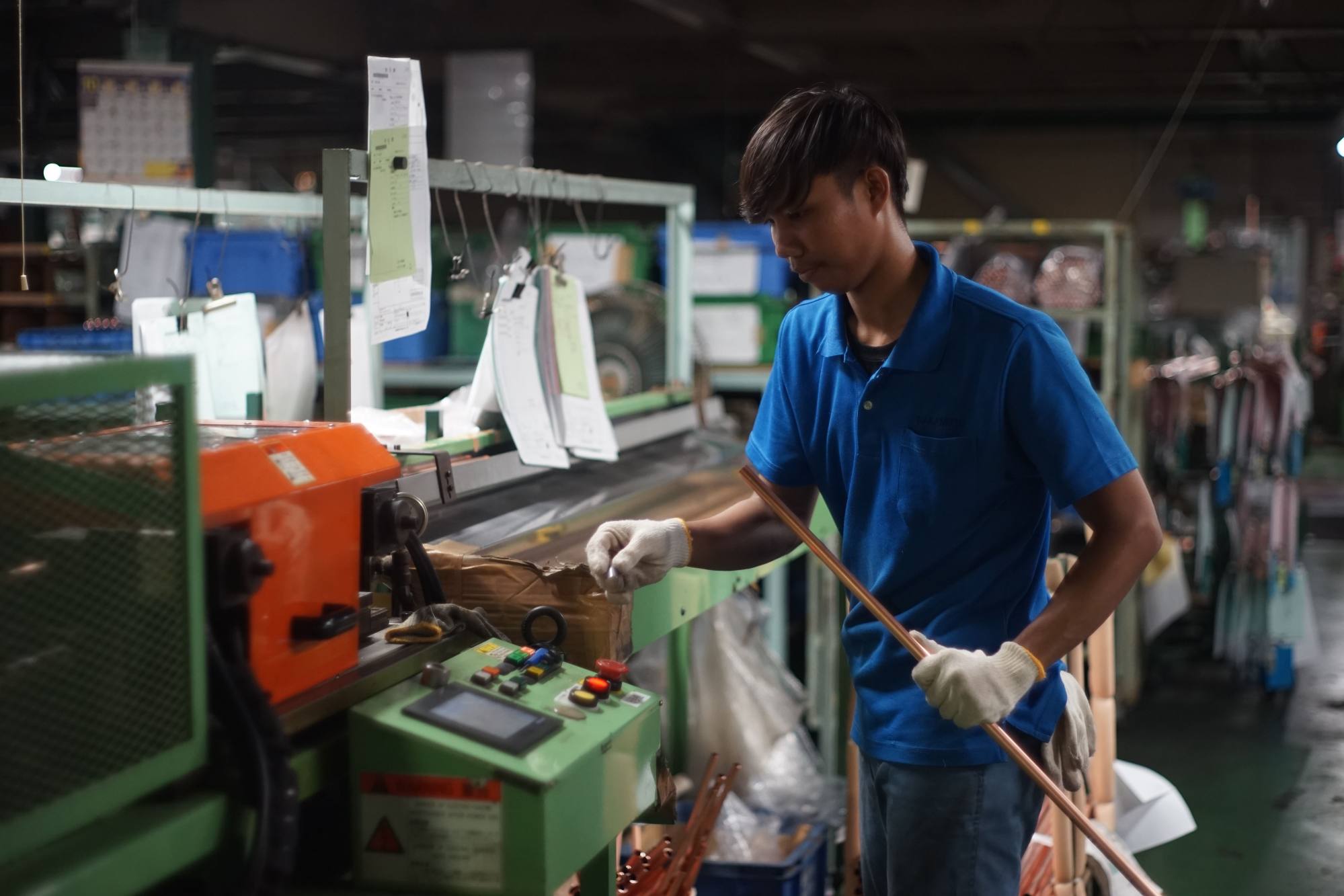Why Indonesians behaving badly in Japan fuels official concerns
Indonesian officials are fighting back against speculation of a looming ban after a series of viral incidents involving their citizens

A string of controversial incidents involving Indonesian nationals in Japan has fuelled talk of a looming ban on workers from the Southeast Asian nation, prompting officials in Jakarta to dismiss the speculation.
A robbery in Ibaraki prefecture, viral footage of unruly behaviour by an Indonesian group in Osaka and social media posts purporting to reflect the concerns of Japanese employers have stirred debate about Indonesian migrant workers’ ability to adapt to Japanese norms and what Jakarta can do about it.
Indonesian officials warn that much of the backlash – and resulting panic – has been stoked by misinformation, with potentially serious repercussions for Indonesians seeking work overseas.
“Don’t let just three people cause hundreds of thousands of potential [Indonesian] migrant workers to become victims,” said Abdul Kadir Karding, Indonesia’s minister for the protection of migrant workers, on July 16, as quoted by state news agency Antara. “This is made worse by posts containing inaccurate data.”
The minister was referring to the arrest of three Indonesian nationals in connection with a robbery in the city of Hokota, Ibaraki prefecture – a case that drew widespread media attention after Japanese police made arrests on June 30, nearly six months after the break-in.
Some Indonesian outlets reported that the suspects had overstayed their visas and were working illegally, but Karding clarified that one was an intern, while the others had entered Japan on tourist visas. He did not confirm whether any had overstayed.
Their arrests – and the ensuing public response – have raised questions about Indonesian workers’ preparedness to adapt to Japanese laws and customs, and whether Jakarta is doing enough to prepare them for life abroad.

Nurhadi, an Indonesian lawmaker, condemned the Ibaraki case as a “loud alarm for the country”, saying it exposed gaps in the government’s oversight of its migrant labour force.
“This case reflects that the government’s supervision of Indonesian migrant workers still has many loopholes. We must not continue to allow our people to go abroad without protection, without education, and without supervision,” he said in a statement on July 9.
Nurhadi, who like many Indonesians only goes by one name, urged the government to mandate instruction on destination countries’ laws before workers went abroad. He also called for strengthened cooperation with foreign law enforcement to protect Indonesian migrant workers and prosecute those who violate the law.
Among the social media posts that sparked the debate on Indonesians abroad was a viral video posted in August last year. It shows a group of Indonesians in Osaka sitting on a pavement, blocking passers-by. The group was later identified as members of an Indonesian martial arts organisation.
“Sooner or later, this will become a problem … They gather to obstruct passers-by or threaten people who comment on their posts. It’d be better to nip this in the bud now. Is the Osaka prefectural police aware of this?” one social media user wrote.
‘Blacklist’ rumours rebuffed
The incidents have unsettled some Japanese employers, according to Dian Kusuma, an Indonesian content creator living in Japan and better known as Neo Japan.
Unhandled type: inline-plus-widget {“type”:”inline-plus-widget”}
On July 9, he shared a video with his more than 270,000 followers recounting a phone call from “a representative of the Japanese government”, who voiced concerns about “the increasing number of bad cases involving Indonesian citizens”.
Two days later, he shared a text from an unnamed Japanese employer, who alleged that an Indonesian trainee had been caught stealing money at work.
“The trade union contacted us to say that although the crime rate among Indonesian [workers] is lower than Vietnamese [workers], robberies and thefts still occur frequently, so they are worried about accepting trainees [from Indonesia],” the employer said in the text sent to Dian.
Dian’s posts have helped stoke rumours that Indonesian workers could soon be banned from Japan – a claim that Karding and other Indonesian officials have categorically dismissed as a “hoax”.
We don’t know where the hoax originated. Even the Japanese embassy has confirmed that this is false newsMuhammad Al Aula, Indonesia’s embassy in Tokyo
Muhammad Al Aula, coordinator for media and sociocultural affairs at the Indonesian embassy in Tokyo, urged the public to “consult credible local authorities” on bilateral matters concerning Indonesia and Japan.
“We don’t know where the hoax originated. Even the Japanese embassy has confirmed that this is false news. We hope the public will seek valid information from officials regarding formal issues,” Muhammad told This Week in Asia.
According to the embassy, there were 199,824 Indonesians in Japan as of December, an increase from around 149,000 in 2023.
Muhammad said that the increase was a sign that “Japan-Indonesia relations continue to improve and that Japan is also becoming more open to foreigners [living in] the country”.
Many Indonesians work in the agriculture, construction, hospitality, manufacturing, automotive and care sectors supporting Japan’s ageing population, he added.

The embassy is regularly notified by the Japanese government of criminal cases involving Indonesians, predominantly “theft, robbery with violence, and drug cases”, Muhammad said, without providing specific figures.
“In terms of numbers, they are insignificant, if we see it in the context of the number of criminal offences committed in Japan, whether by Japanese citizens or foreigners in this country,” he said.
Addressing adjustment challenges
Nurharsono, a legal aid coordinator with the Jakarta-based Migrant Care NGO, said the government should investigate the circumstances surrounding theft and robbery cases involving Indonesian trainees, including “factors that make them commit these crimes”.
“They may have problems at work, such as salary or overtime pay issues. They may not have access to express their concerns as migrant workers. This needs to be investigated,” Nurharsono said.
“The Indonesian embassy needs to [provide a channel] for migrant workers currently in Japan so they have a place to share their concerns. This way, the root of the problem can be identified and resolved.”
According to Muhammad, the Indonesian embassy in Tokyo holds twice-yearly town hall meetings with “representatives of around 150 Indonesian communities”.
“We exchanged ideas and discussed various developments in Indonesia-Japan bilateral relations. We also discussed how to collaborate to maintain Indonesia’s good name in Japan,” he said.
Beyond the Japanese capital, the embassy has also launched a “Indonesia-Japan Friendship Day” in several prefectures, where it meets with Indonesian residents to discuss “respecting Japanese culture, regulations, and values, as well as complying with applicable laws in Japan”, Muhammad said.